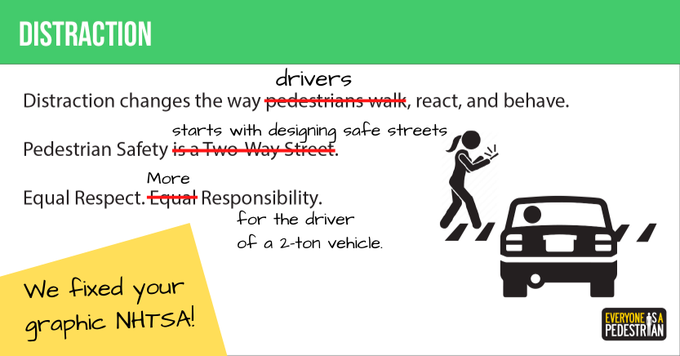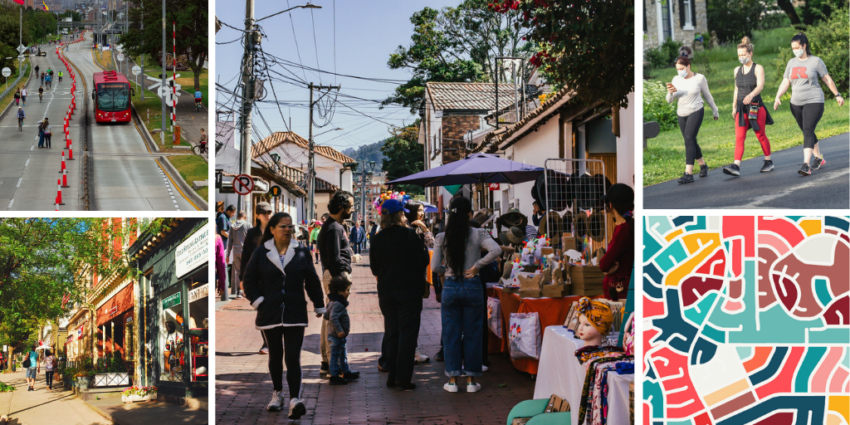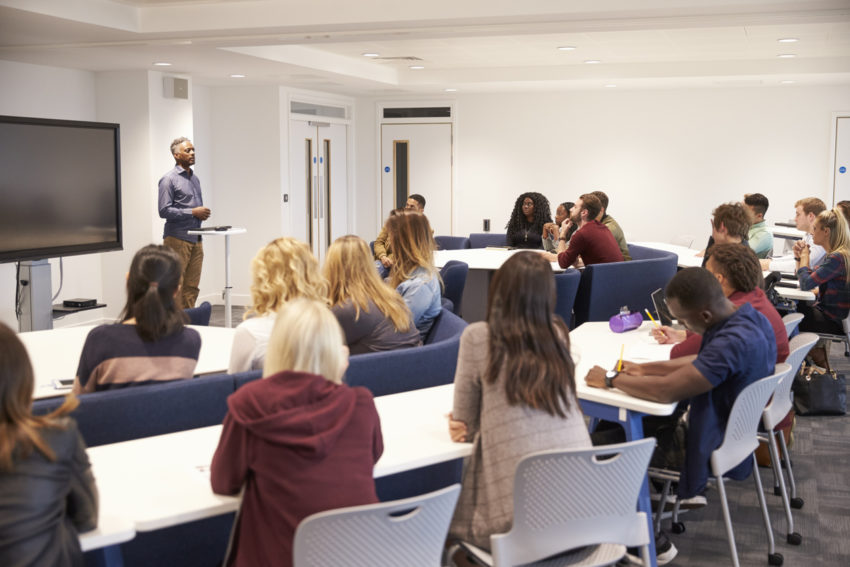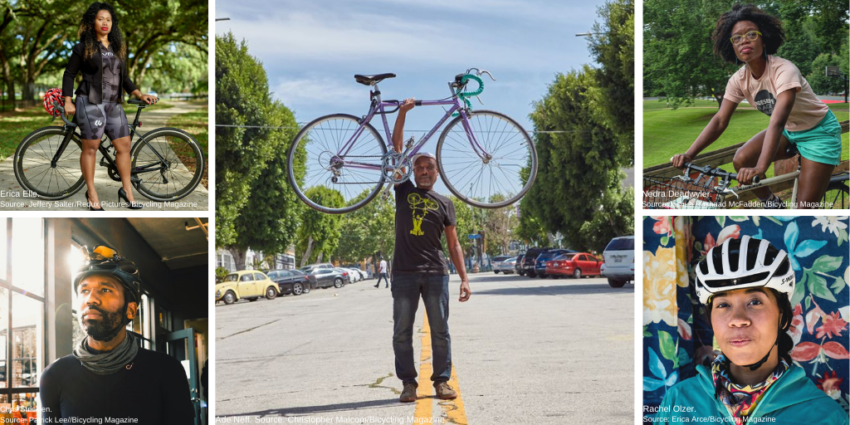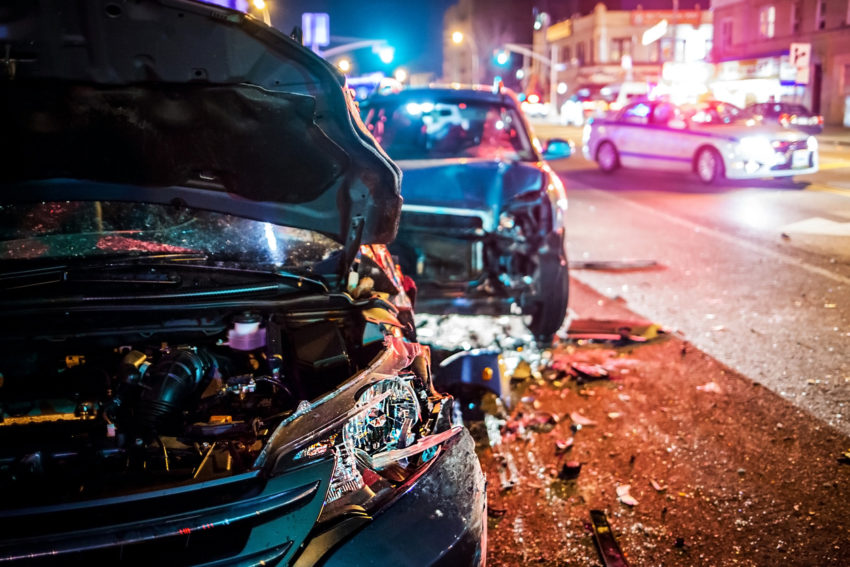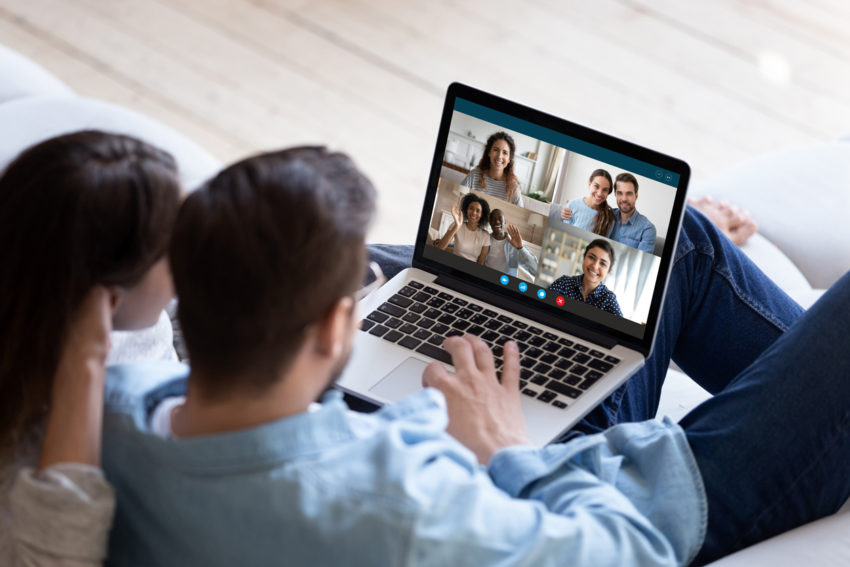#SaludTues Tweetchat 10/20: How to Address Transportation Equity for Latino Communities
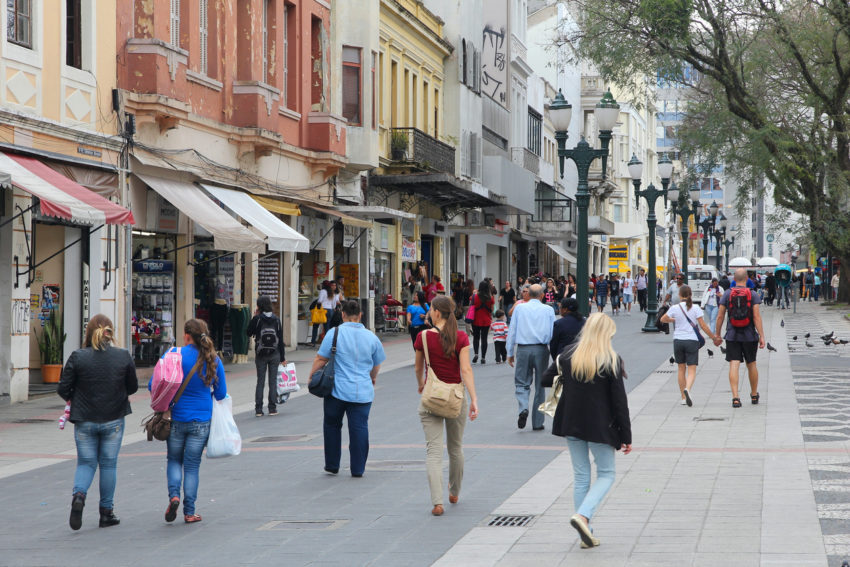
Latinos face many transportation inequities that impact their ability to build health and wealth. This is due in part to a lack of diversity among decision makers, planners, and engineers and ethnocentric policies, projects, and investments that reinforce the auto-centric status quo. Ultimately, past and present planning practices have failed to be inclusive of Latino needs, failed to represent historic and existing inequities, and failed to responsibly evaluate and measure impacts, targets, and performance. Two new reports from our year-long workgroup of planners and planning scholars provide recommendations to prioritize Latino experiences and needs in the planning process; address inequities and promote racially/economically mixed communities, and modify metrics used to ...
Read More
